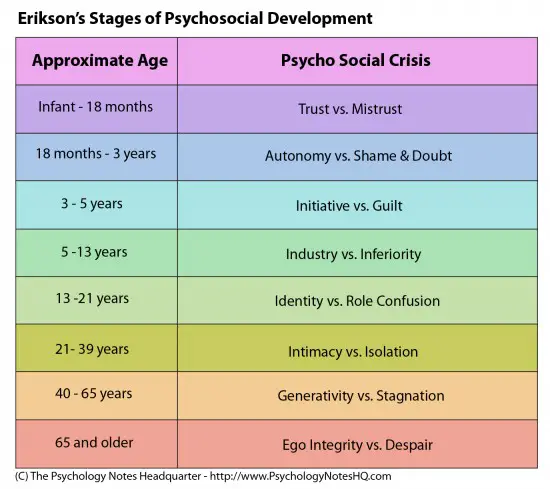BA SOCIAL WORK - Human Growth and Development
Understanding human growth and development is essential for fostering resilience and adaptability, especially in the context of bushcraft and survival skills. This page explores the various theories and stages of child development, offering insights into how these concepts apply to our workshops and training sessions at Welcome to the Lions Den! in Wigan, UK.

Theories of Child Development
Child development is a multifaceted process that encompasses physical, emotional, social, and cognitive growth. Among the most influential theories are those proposed by Erik Erikson, Sigmund Freud, and Albert Bandura. Erikson's psychosocial stages of development suggest that children progress through eight stages, each characterised by a central conflict that must be resolved for healthy emotional development. For instance, during the early years, children face the challenge of trust versus mistrust, which is crucial for building secure attachments and fostering confidence. Freud's psychosexual stages, while more controversial, highlight the impact of early experiences on personality formation. Bandura's social learning theory emphasises the role of observation and imitation in learning new behaviours, particularly through the famous Bobo Doll experiment, demonstrating how children learn skills and norms by watching others. By understanding these theories, we can better tailor our bushcraft training and family workshops to support each child's unique developmental journey.
On the left Albert Bandura (1977) Social learning theory.

Practical Applications in Bushcraft Skills Training
Our approach at Welcome to the Lions Den! integrates principles of human growth and development into our bushcraft skills training programmes. We recognise that children learn best through hands-on experiences that resonate with their developmental stage. For younger children, activities are designed to be engaging and playful, focusing on foundational survival skills through games and exploration. As children grow, we introduce more complex tasks that challenge their problem-solving abilities and foster independence, such as building shelters, foraging for food, and understanding fire safety. We also emphasise teamwork and communication, which are essential skills at every stage of development. By creating a supportive environment where children can take risks and learn from their mistakes, we promote resilience and confidence that extend beyond our workshops into their everyday lives.
On the right Erik Erikson (1995) Model of life stage development.

Encouraging Growth Through Family Survival Workshops
In our family survival workshops, we aim to create an inclusive space that encourages not just individual growth, but also family bonding. Understanding the dynamics of human development within a family context is crucial, as families are often the primary source of support for children's growth. We incorporate activities that require collaboration and communication, allowing family members to learn from one another while developing essential survival skills together. By engaging in shared experiences, families can strengthen their relationships, cultivate trust, and develop a deeper appreciation for each other's strengths and abilities. Our workshops are designed to accommodate different age groups and skill levels, ensuring that everyone can participate and benefit from the experience. This holistic approach not only equips families with practical skills for survival but also fosters emotional resilience , social inclusion and social cohesion.
On the left Bronfenbrenner (1979) Theory of Ecological development.
Ready to Learn More?
Contact us today to discover how our bushcraft skills training and workshops can support your child's development and strengthen family bonds.